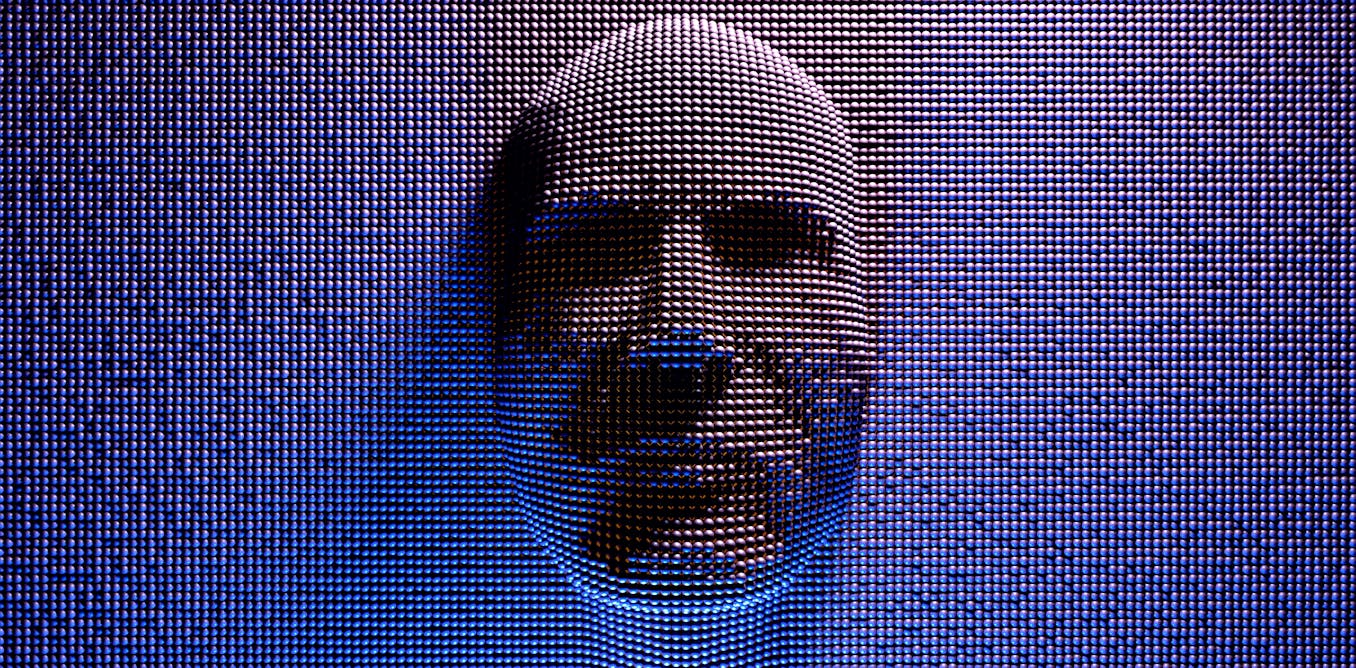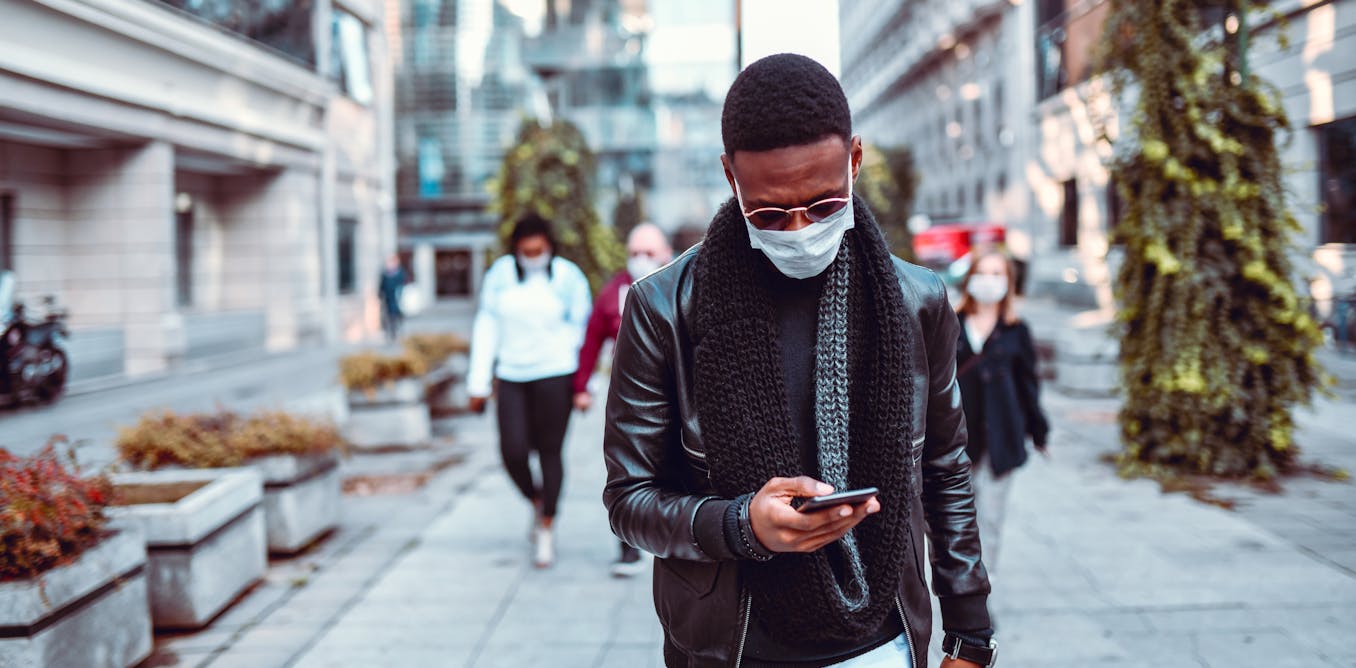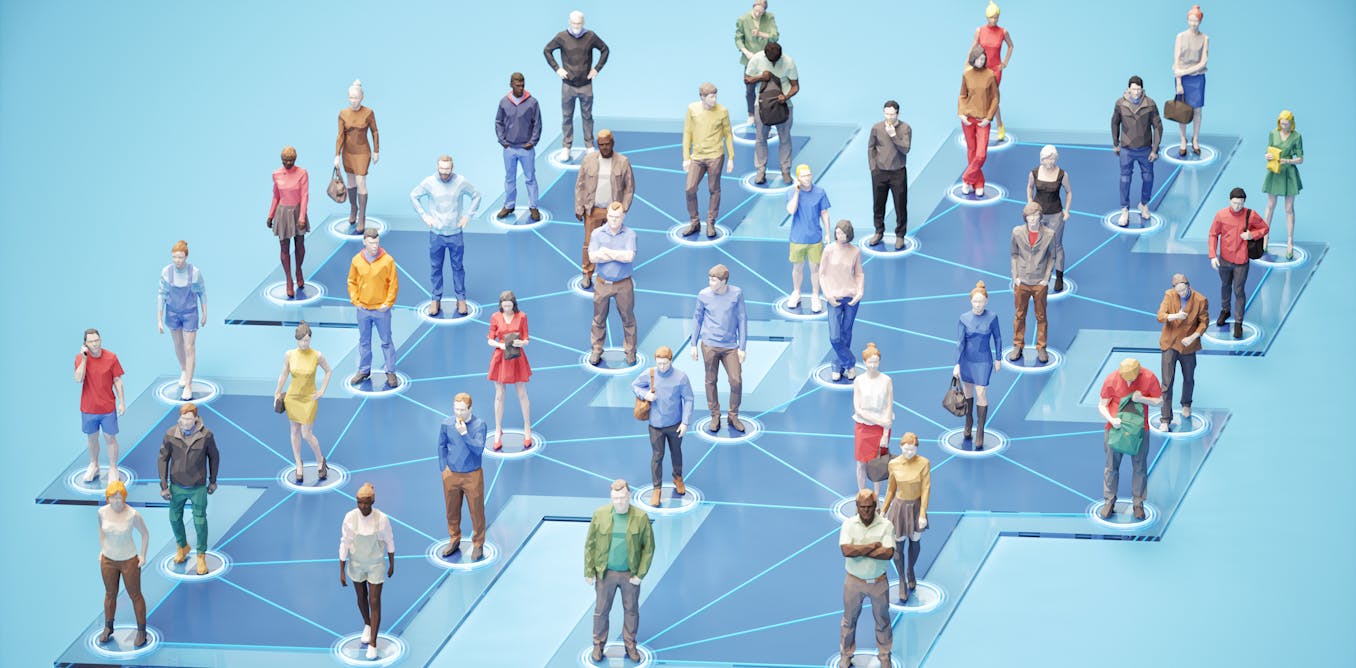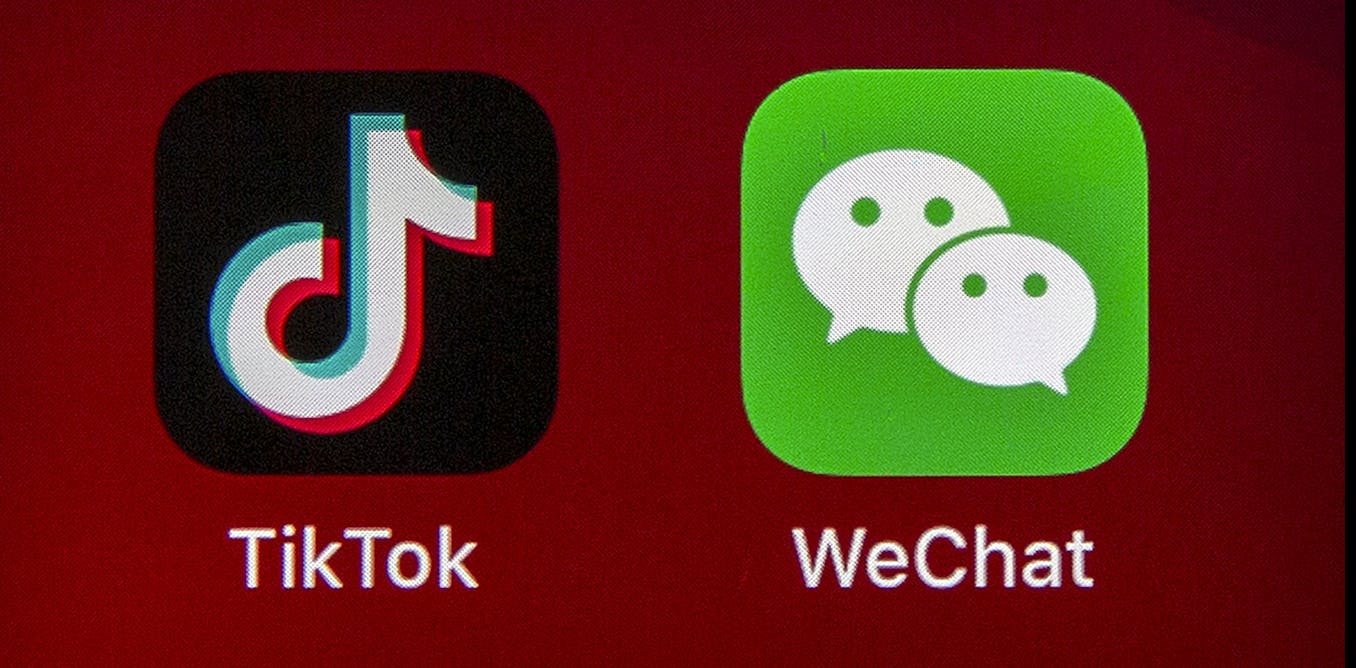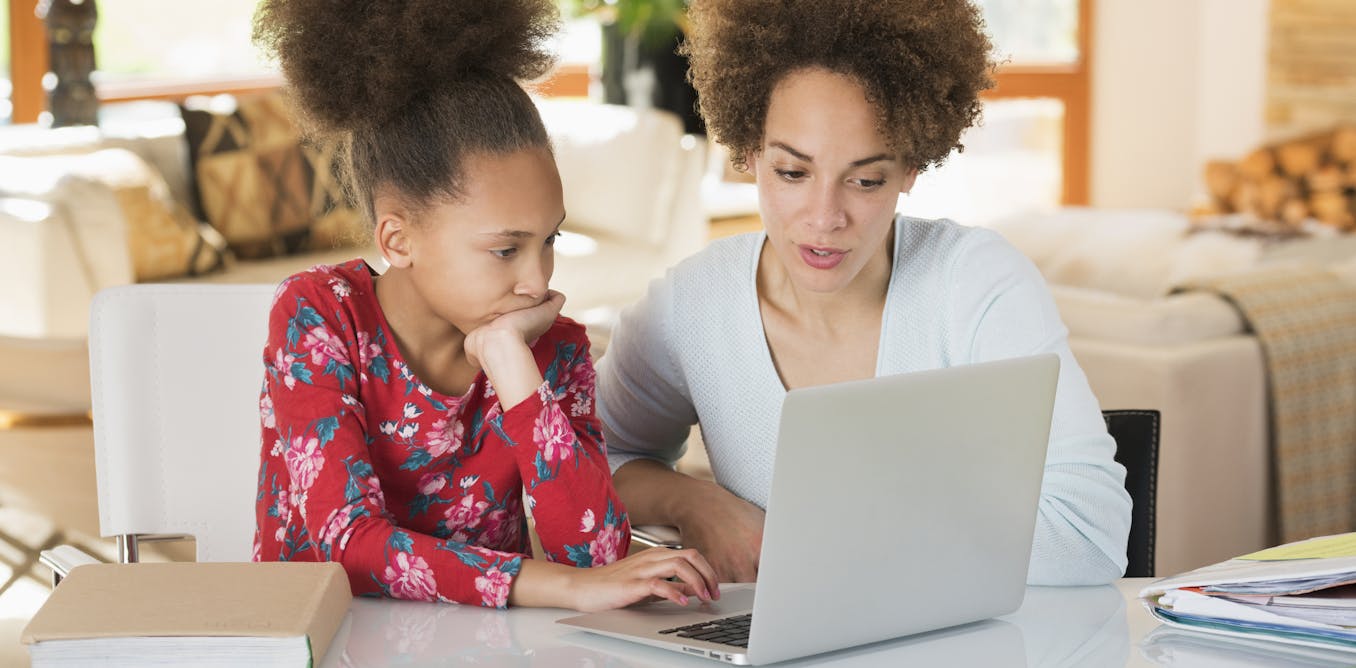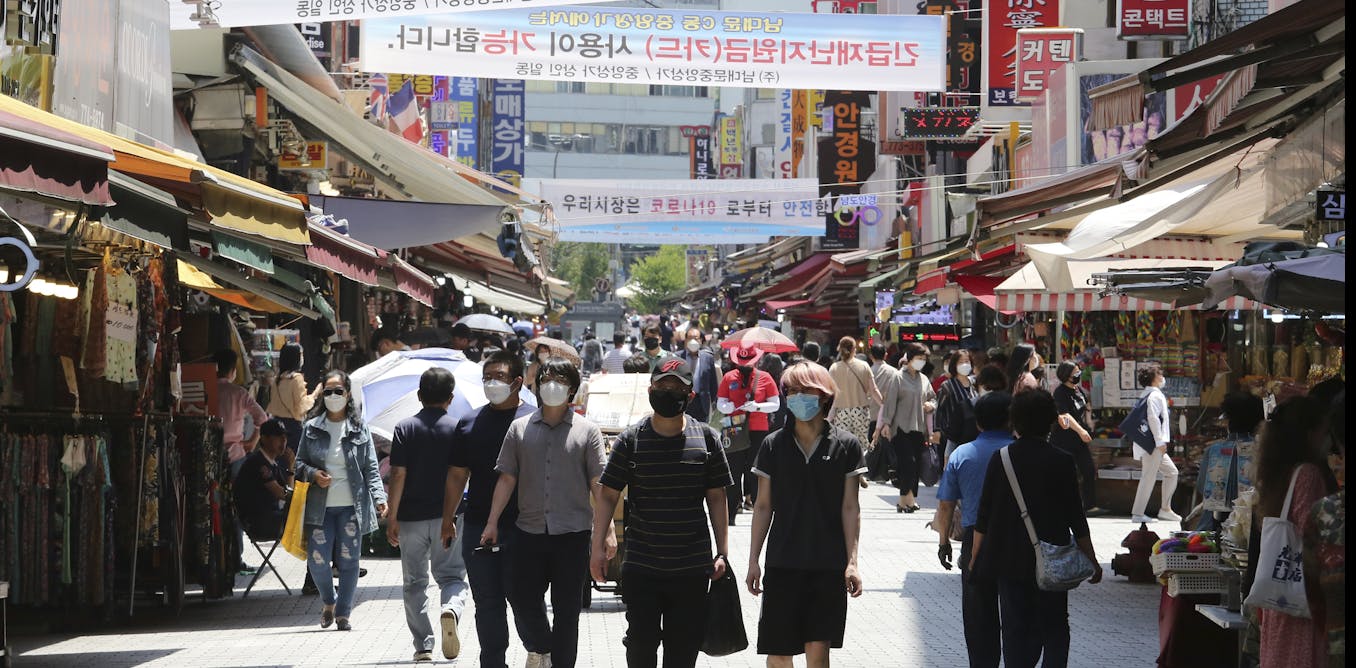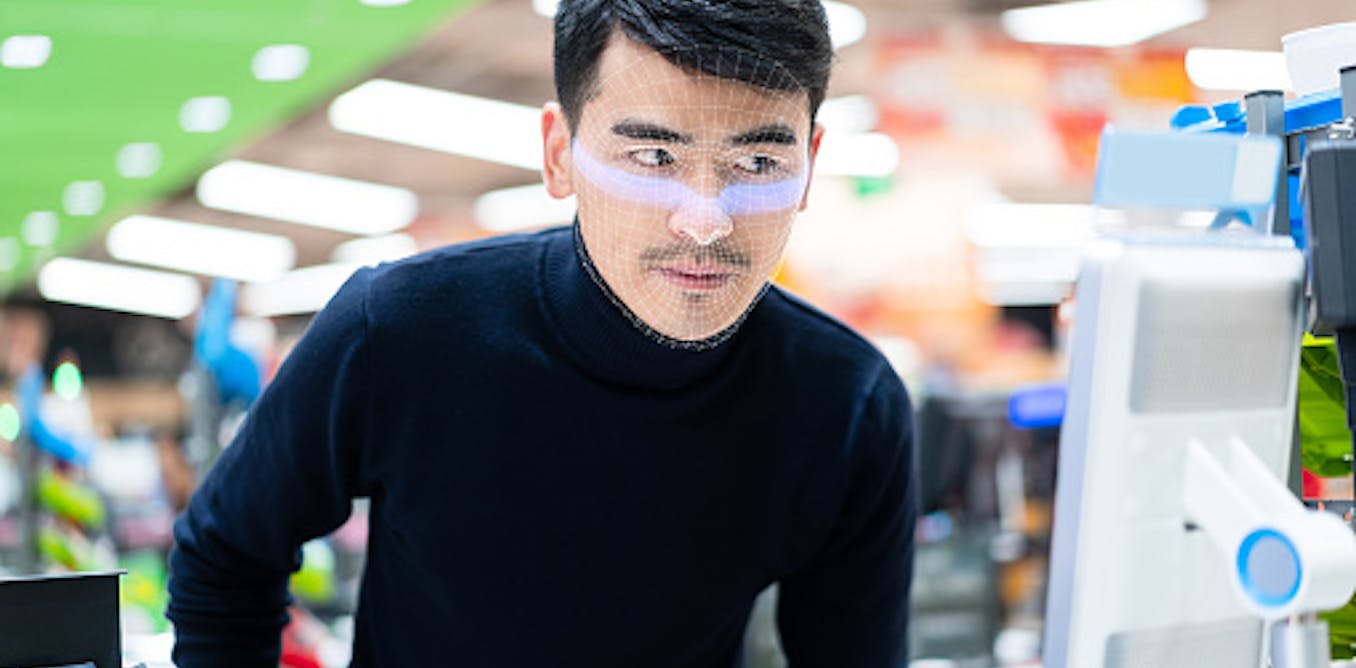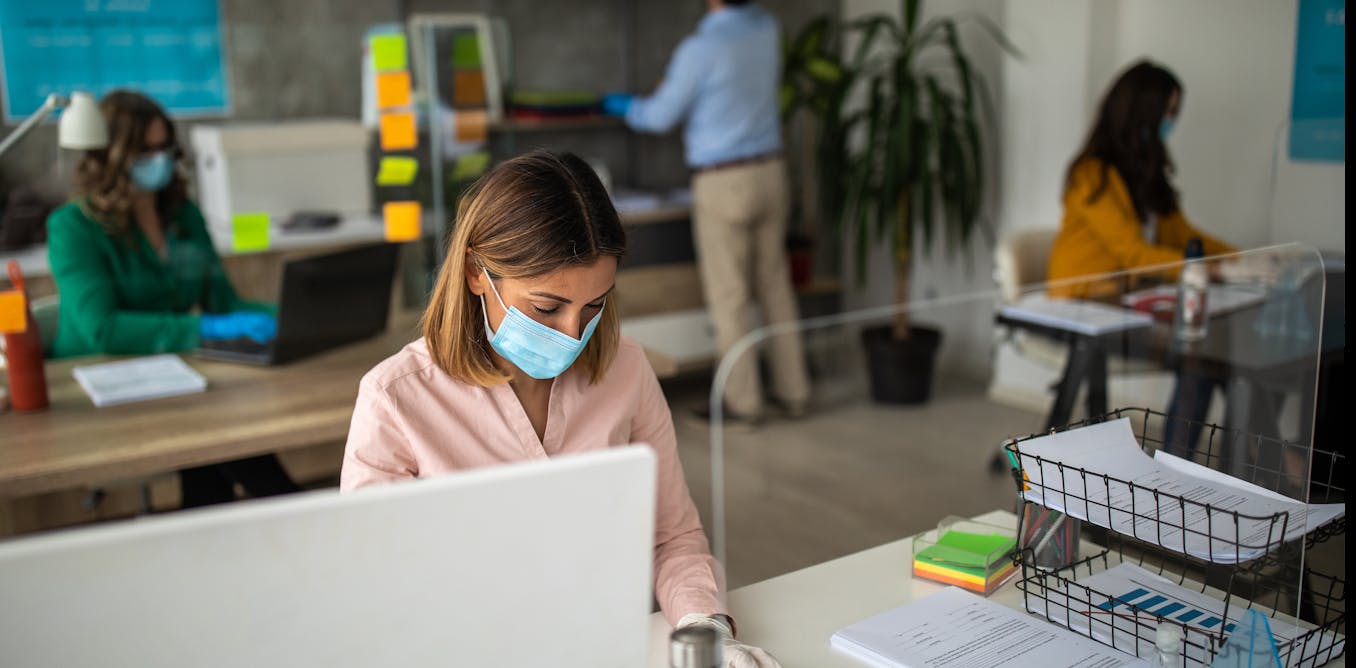How Apple and Google let your phone warn you if you've been exposed to the coronavirus while protecting your privacy
Bluetooth wireless communication makes it possible to track when people have been exposed to people infected with the coronavirus. The right cryptography scheme keeps alerts about exposures private.
Feb. 12, 2021 • ~11 min
People want data privacy but don't always know what they're getting
Differential privacy lets people to share data anonymously, but people need to know more about it to make informed decisions.
Oct. 21, 2020 • ~8 min
The US has lots to lose and little to gain by banning TikTok and WeChat
Banning the Chinese-owned social media platforms raises free speech concerns and could worsen the US-China trade war.
Aug. 28, 2020 • ~10 min
Cyberspace is critical infrastructure – it will take effective government oversight to make it safe
Self-regulation by the technology industry has failed to keep people safe online. That's a job for government.
Aug. 10, 2020 • ~8 min
Private browsing: What it does – and doesn't do – to shield you from prying eyes on the web
Private mode browsing is a useful way to cover your online tracks. Just don't read too much into the word 'private.'
July 30, 2020 • ~8 min
Digital contact tracing's mixed record abroad spells trouble for US efforts to rein in COVID-19
Effective national leadership and trust in government appear to be prerequisites for countries to achieve widespread digital contact tracing.
July 6, 2020 • ~11 min
AI could help solve the privacy problems it has created
Artificial intelligence insatiable data needs has encouraged the mass collection of personal data, placing privacy at risk. But AI can help solve the very problem it creates.
June 22, 2020 • ~8 min
Workplaces are turning to devices to monitor social distancing, but does the tech respect privacy?
Smartphone apps and wearable devices can tell when workers have been within six feet of each other, promising to help curb the coronavirus. But they're not all the same when it comes to privacy.
June 9, 2020 • ~9 min
How Apple and Google will let your phone warn you if you've been exposed to the coronavirus
Bluetooth wireless communication makes it possible for people to get alerts on their phones when they've been exposed to the coronavirus. Adding the right cryptography scheme keeps those alerts private.
April 30, 2020 • ~9 min
/
6

